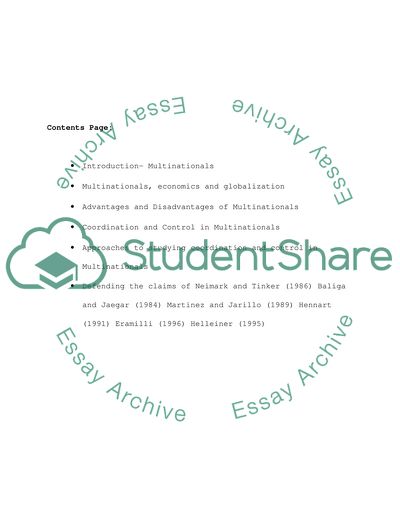Cite this document
(“Coordination and Control in Multinational's Essay”, n.d.)
Retrieved from https://studentshare.org/social-science/1536903-coordination-and-control-in-multinationals
Retrieved from https://studentshare.org/social-science/1536903-coordination-and-control-in-multinationals
(Coordination and Control in Multinational'S Essay)
https://studentshare.org/social-science/1536903-coordination-and-control-in-multinationals.
https://studentshare.org/social-science/1536903-coordination-and-control-in-multinationals.
“Coordination and Control in Multinational'S Essay”, n.d. https://studentshare.org/social-science/1536903-coordination-and-control-in-multinationals.


